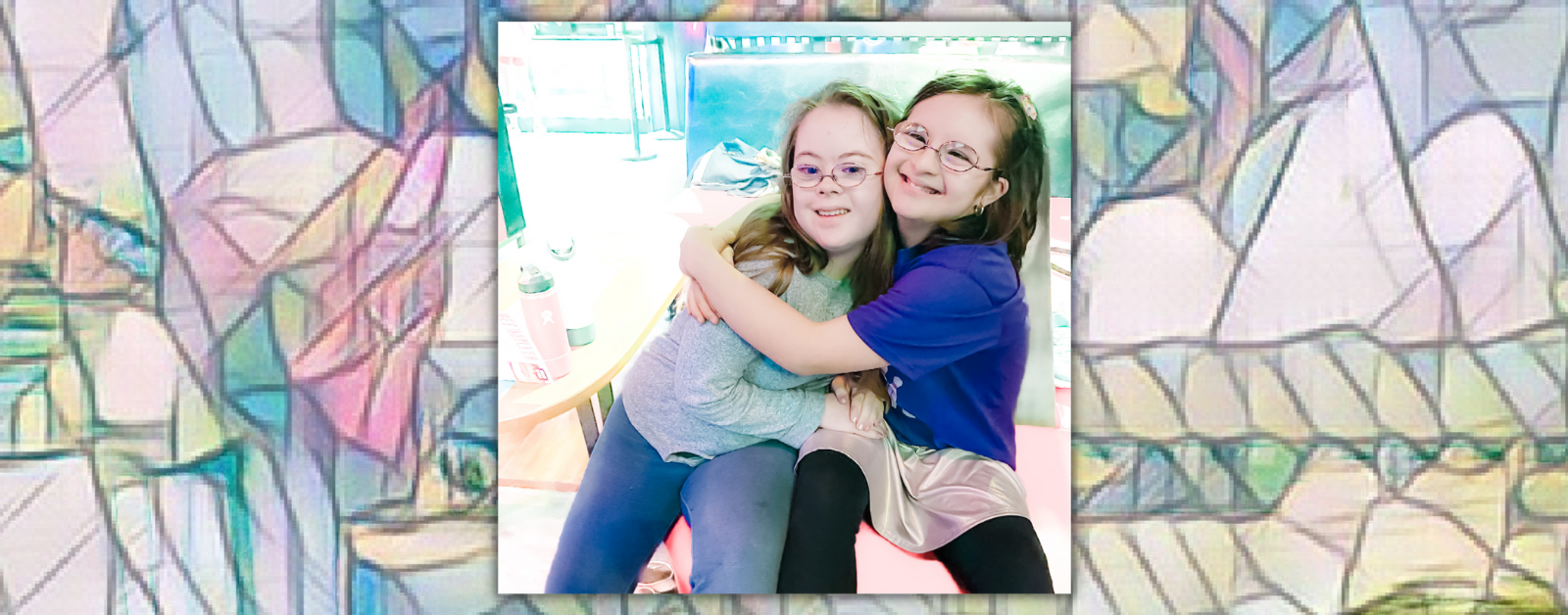“Do you want to eat lunch with us?”
Those might be the most powerful words in the vocabulary of high school.
I had a chance to meet with a group of students in a bioethics class at a high school in New York City last week. We were talking about abortion, prenatal testing, and disability. I told them our story and offered some thoughts on ethics and politics and health care. They asked questions about the value of human lives and misperceptions of disability. One of the final questions was, “How can we help support people with disabilities?”
I don’t know what they expected me to say. I could have suggested policy measures. I could have talked about advocacy work. But instead I talked about friendship.
Most typical high school kids have an opportunity to influence the lives of kids on the margins simply through expressions of kindness and welcome and friendship. They don’t need to brush up on the intricacies of the Americans with Disabilities Act. They don’t need to write a report on chromosomal differences. They just need to spend their own social capital on befriending the ones who often have very few friends. They just need to invite them to sit at the lunch table, hang out after school, share stories.
I wonder what it would be like for typical kids if they were ever asked to reflect on their social lives. If they were asked to consider whether they’ve moved outside of their comfort zone socially. If they were asked to eat lunch with one new person. If they were even assessed every so often on kindness in addition to all the other measures of their performance in school.
The simplest way for those of us in typical bodies and minds to support the people with disabilities in our midst is by becoming one another’s friends.
More with Amy Julia:
- The Significance of Our Social Worlds
- Book: A Good and Perfect Gift: Faith, Expectations, and a Little Girl Named Penny
- Free Resource: Missing Out on Beautiful: Growing Up With a Child With Down Syndrome
If you haven’t already, you can subscribe to receive regular updates and news. You can also follow me on Facebook, Instagram, Twitter, Pinterest, YouTube, and Goodreads, and you can subscribe to my Love Is Stronger Than Fear podcast on your favorite podcast platform.



